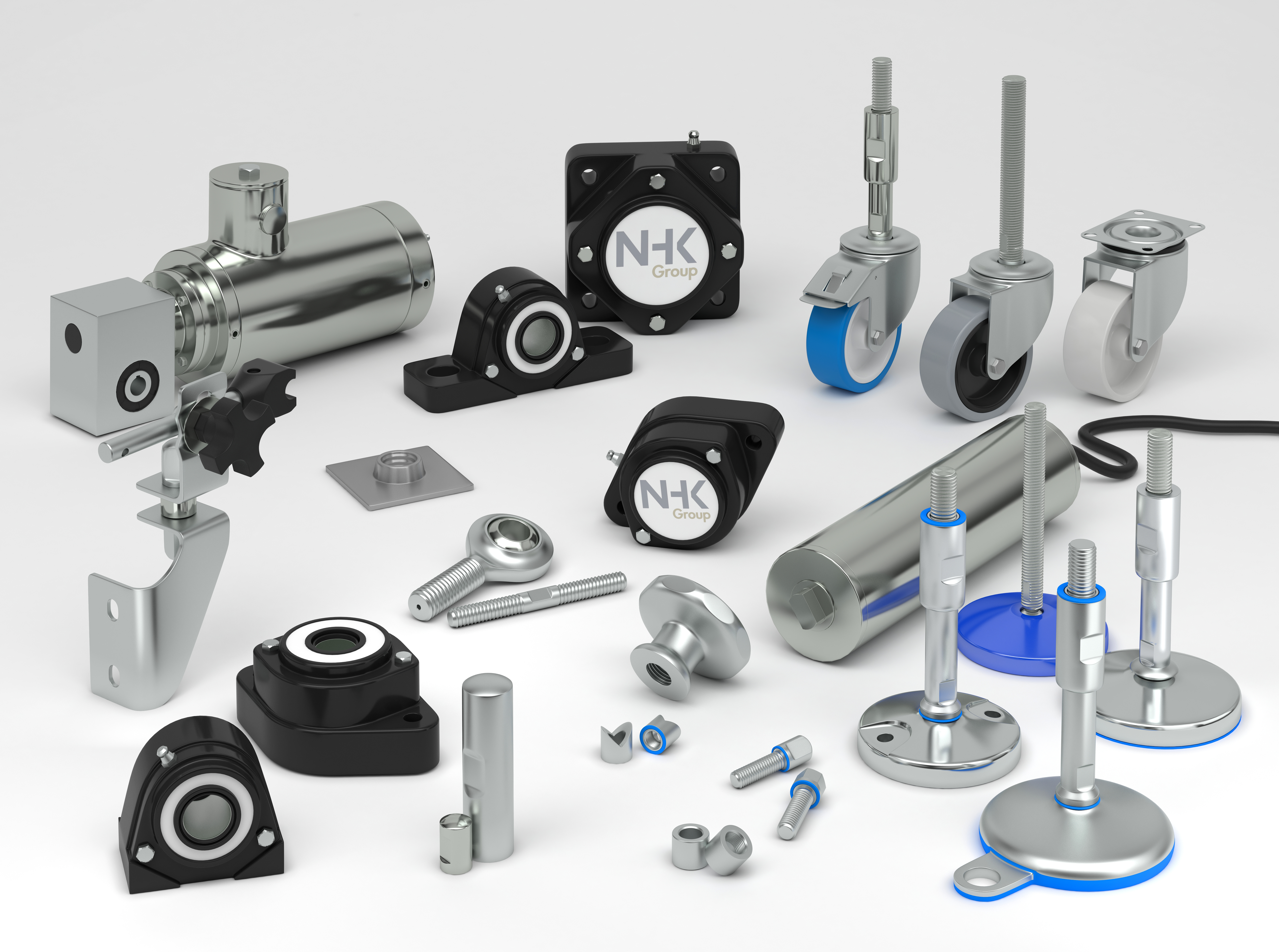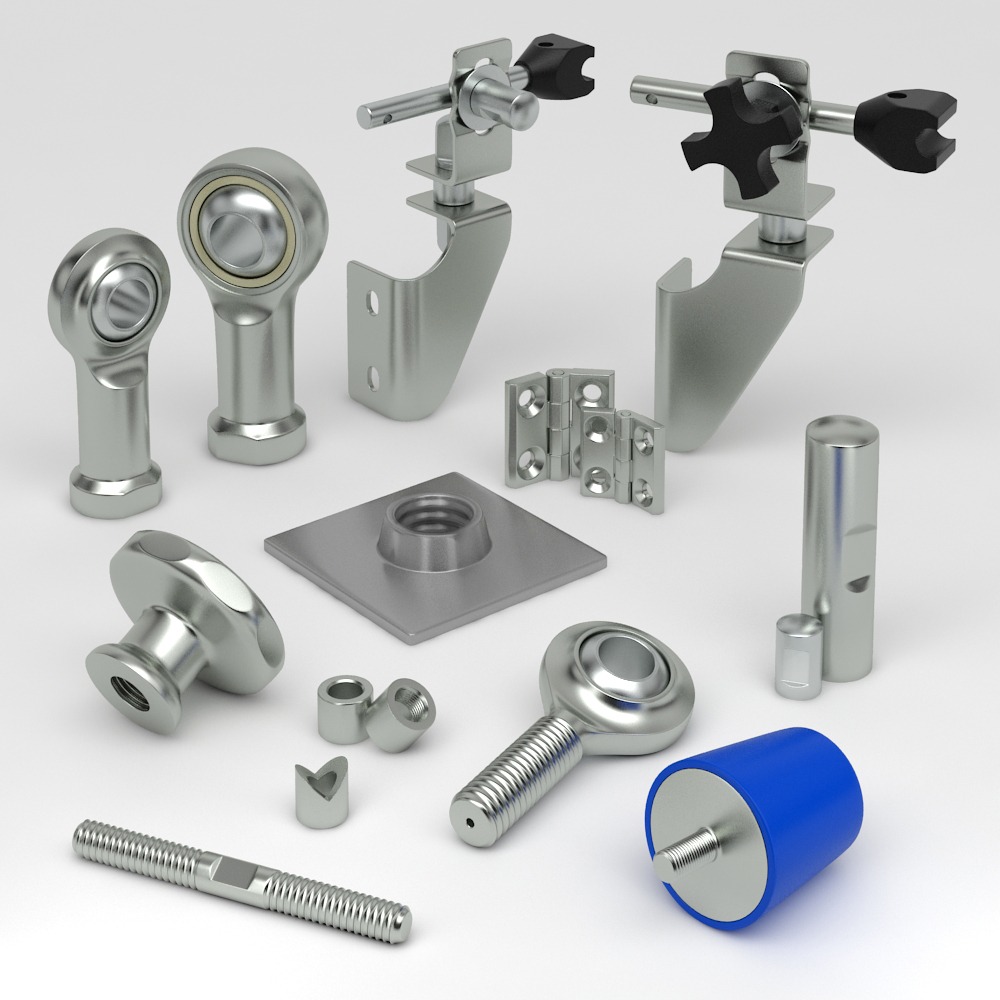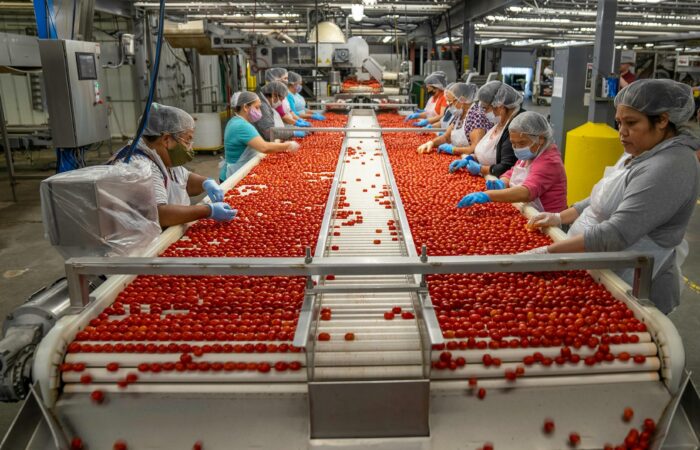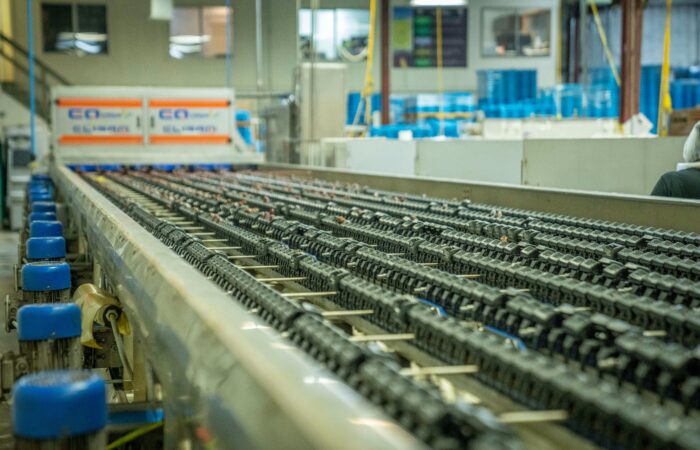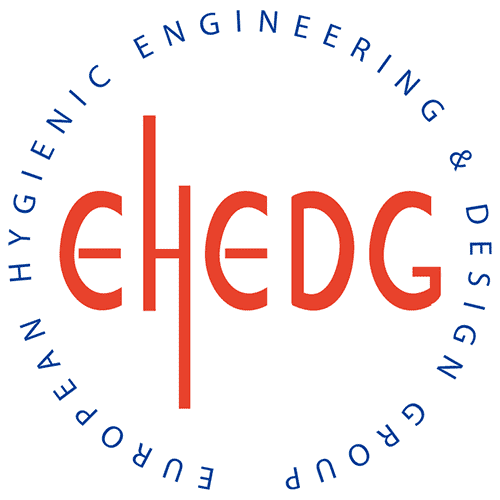
Why is EHEDG Certification Important?
In the highly regulated world of food and beverage production, maintaining stringent hygiene standards is paramount. The European Hygienic Engineering & Design Group (EHEDG) certification is a benchmark for equipment and facility design that ensures compliance with the highest hygienic standards. This article delves into the importance of EHEDG certification, providing detailed insights and real-world case studies that highlight its critical role in the industry. EHEDG certification is awarded to equipment and processes that meet rigorous hygienic design standards. This certification is essential for preventing contamination and ensuring the safety and quality of food products. The EHEDG guidelines are internationally recognized, making them a vital component for companies looking to maintain global competitiveness and consumer trust. One of the primary reasons EHEDG certification is crucial is its role in ensuring food safety. The certification process involves thorough testing and evaluation of equipment to ensure it can be easily cleaned and maintained, reducing the risk of contamination. By adhering to EHEDG standards, companies can significantly improve the quality of their products. Hygienically designed equipment minimizes the risk of bacterial growth and ensures that products remain safe and of high quality throughout the production process. Many countries have stringent regulations regarding food safety. EHEDG certification helps companies comply with these regulations, avoiding legal issues and potential fines. It also simplifies the process of gaining approval from regulatory bodies. Consumers are increasingly concerned about the safety and hygiene of their food. EHEDG certification provides an assurance that products have been produced following the highest hygienic standards, boosting consumer confidence and brand loyalty. A leading dairy producer sought EHEDG certification for its new processing equipment. By implementing EHEDG-certified equipment, the company not only improved its cleaning processes but also saw a significant reduction in contamination incidents. This led to higher product quality and increased consumer trust. A meat processing plant faced challenges with bacterial contamination. After redesigning its facility according to EHEDG guidelines and obtaining certification, the plant experienced a drastic reduction in contamination rates. This resulted in fewer product recalls and enhanced reputation in the market. A beverage manufacturer aiming to expand internationally needed to meet various global hygiene standards. Achieving EHEDG certification for its production lines facilitated easier market entry and compliance with international regulations, thereby accelerating its global expansion. A bakery struggling with allergen cross-contamination revamped its equipment to meet EHEDG standards. Post-certification, the bakery not only improved allergen management but also gained a competitive edge by marketing its products as produced in a highly hygienic environment. EHEDG certification is a crucial component for any company in the food and beverage industry aiming to ensure food safety, enhance product quality, comply with regulations, and boost consumer confidence. By investing in EHEDG-certified equipment and processes, businesses can achieve a competitive advantage and secure long-term success.
Importance of EHEDG certification
What is EHEDG Certification?
The Importance of EHEDG Certification
Ensures Food Safety
Enhances Product Quality
Facilitates Regulatory Compliance
Boosts Consumer Confidence
Case Studies
Case Study 1: Dairy Production Facility
Case Study 2: Meat Processing Plant
Case Study 3: Beverage Manufacturer
Case Study 4: Bakery
EHEDG Certified 3a ssi standard components | Order | NHK Machinery Parts
Contact
Articles
